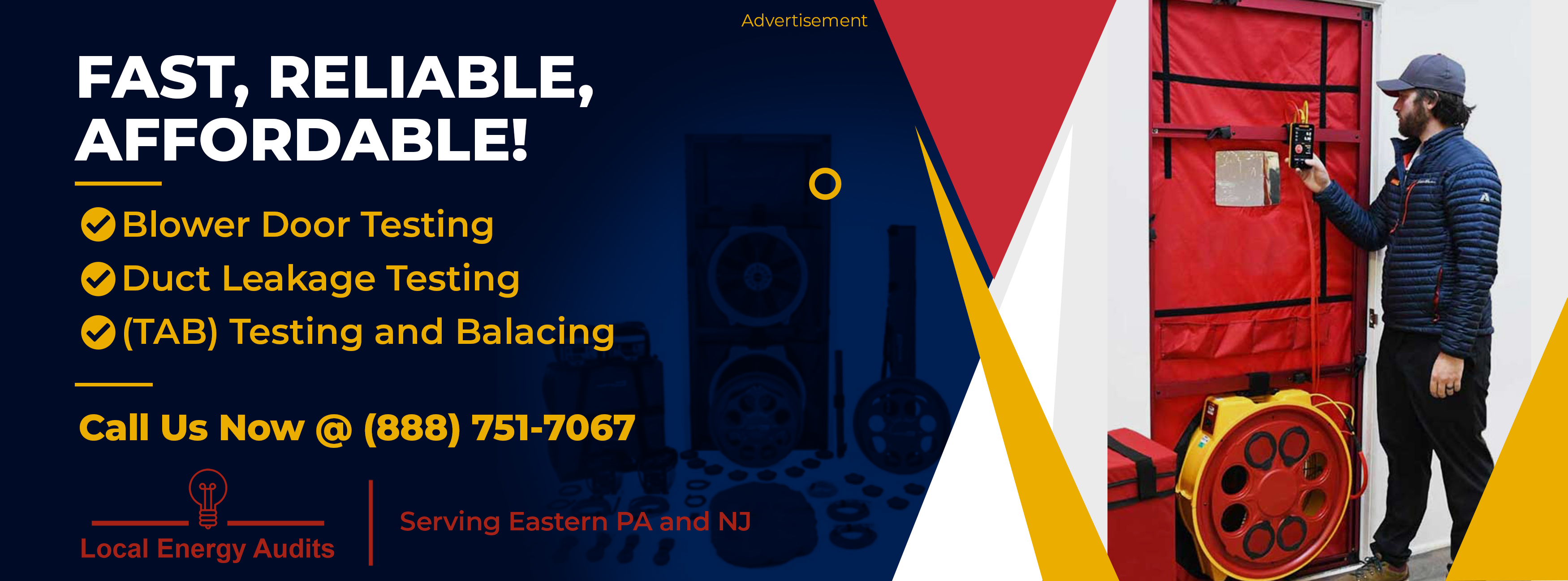Breathe Easy with Sealed Ducts: Understanding Why a Duct Leakage Test is important in Pennsylvania
In Pennsylvania, keeping your home comfy and energy-efficient goes beyond choosing the right HVAC system. The PA Energy Code prioritizes airtightness, which includes ensuring optimal ductwork performance. That's where duct leakage testing comes in - a crucial step for maximizing comfort, efficiency, and, of course, code compliance.
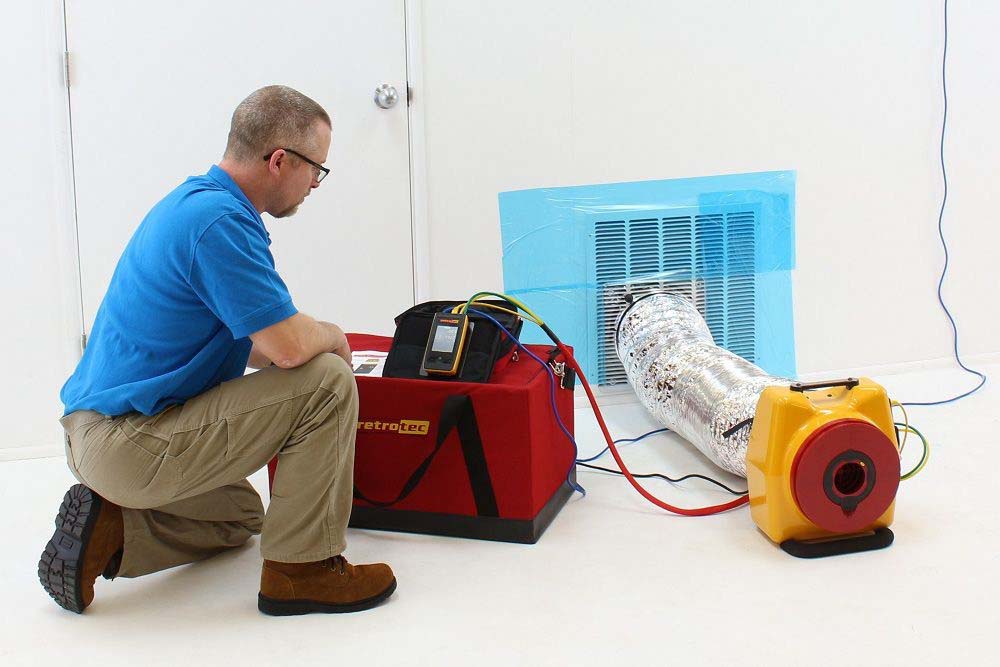
Why It Matters: The Benefits of Leaky Ductwork Repair
Leaky ductwork might seem like a small detail, but its impact can be significant. Unsealed ducts allow conditioned air to escape, forcing your HVAC system to work harder and consume more energy. This translates to:
- Higher energy bills: Leaky ducts can increase your energy bills by up to 20% annually.
- Drastically reduced comfort: Uneven temperatures throughout your home due to air leaks.
- Poor indoor air quality: Dust, pollen, and pollutants entering through leaks, compromising your health.
- Reduced lifespan of your HVAC system: Overworking due to leaks leads to premature wear and tear.
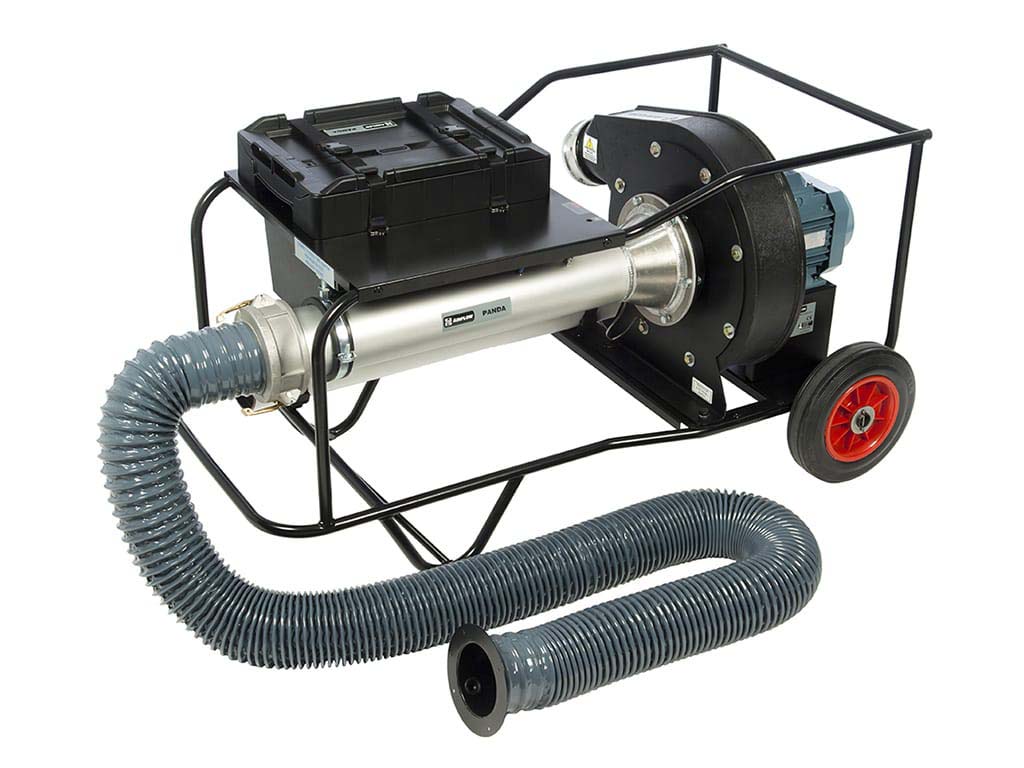
Compliance Counts: Meeting PA Energy Code Requirements
The 2018 International Energy Conservation Code (IECC), adopted by Pennsylvania, mandates duct leakage testing for:
- New construction: Any ductwork located outside the thermal envelope must undergo testing.
- Additions and alterations: If new ductwork is installed or existing ducts are extended, testing is required.
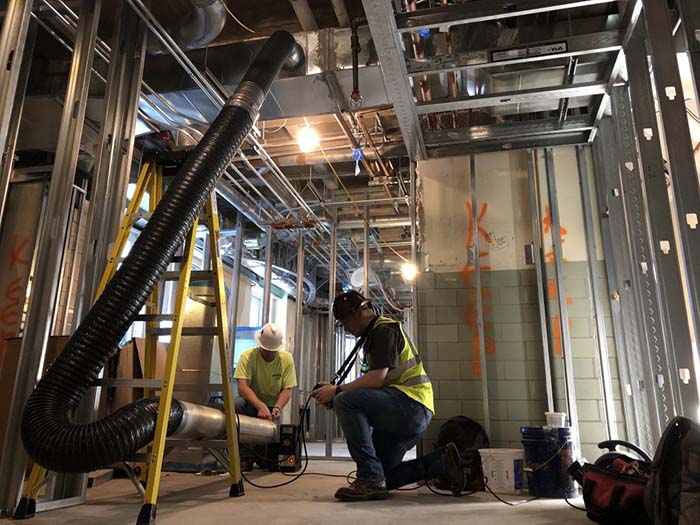
Meeting these requirements ensures your home complies with current energy efficiency standards, potentially opening doors to incentives and rebates.
The Procedure Demystified: How Duct Leakage Testing Is Performed
Qualified technicians utilize specialized equipment to conduct a thorough test. Here's what you can expect:
- Sealing and pressurization: All supply and return duct openings are sealed except for designated test ports. A powerful fan pressurizes the ducts to a specific level.
- Flow Measurement: Precise instruments measure the amount of air leaking out of the pressurized ducts.
- Analysis and Reporting: The technician calculates the CFM25 - the airflow needed to maintain 25 Pascals of pressure within the ducts. This value indicates the overall leakage level.
Investing in Efficiency: The Takeaway
Duct leakage testing is a worthwhile investment for homeowners in Pennsylvania. Not only does it ensure code compliance, but it also leads to:
- Energy savings: Tight ducts translate to lower energy bills and reduced environmental impact.
- Improved comfort: Consistent and uniform temperatures throughout your home.
- Enhanced indoor air quality: Cleaner air thanks to minimized infiltration of pollutants.
- Extended HVAC lifespan: Reduced workload protects your system from early wear and tear.
By prioritizing ductwork sealing and undergoing proper testing, you're contributing to a more energy-efficient Pennsylvania while enjoying a comfortable and healthier home. Take advantage of this valuable tool and breathe easy knowing your HVAC system is operating at its optimal best.
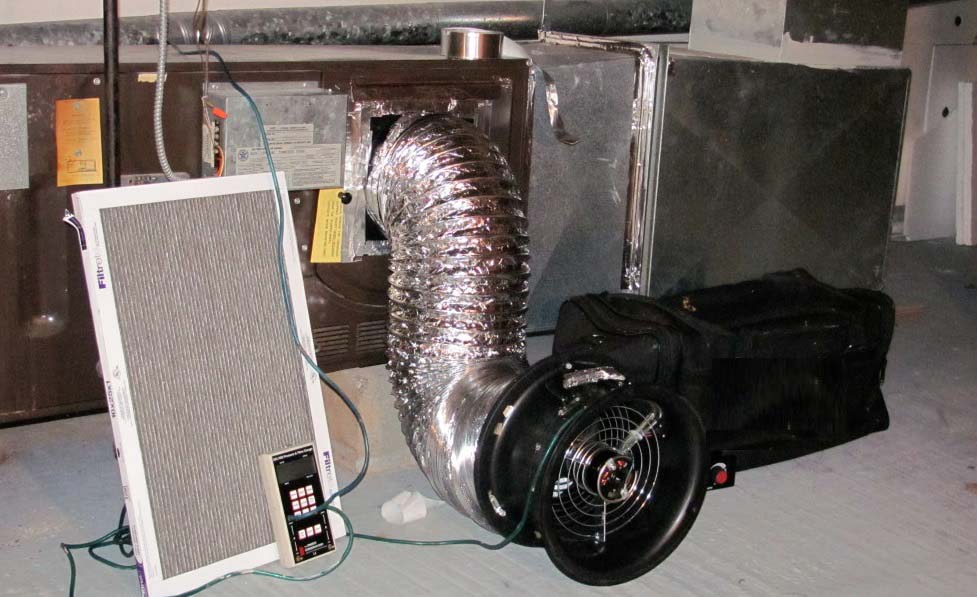
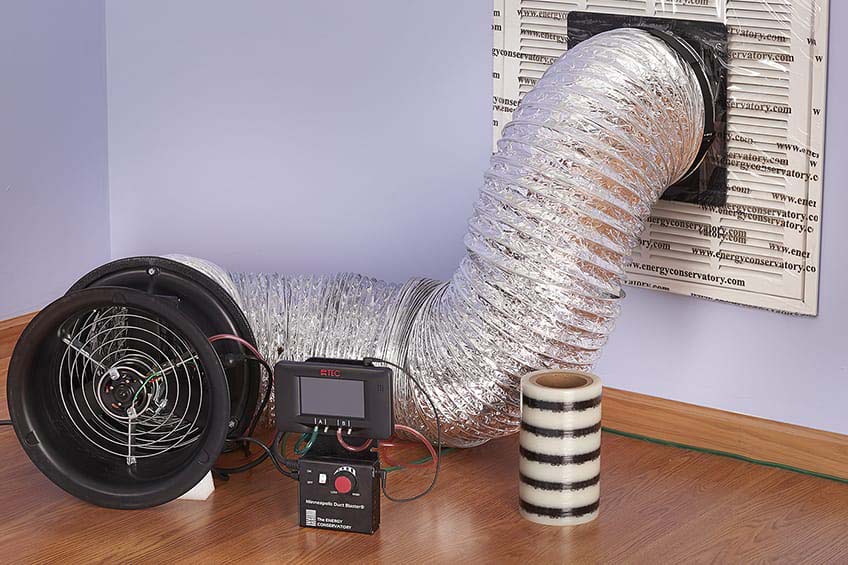
PA Energy Code conducts Duct Leakage Testing in the following areas:
Duct Leakage Testing in Montgomery County:
- Ambler, PA
- Ardmore, PA
- Bala Cynwyd, PA
- Cheltenham Township, PA
- Collegeville, PA
- Conshohocken, PA
- East Norriton Pennsylvania, PA
- Lansdale, PA
- Lower Merion Township, PA
- Lower Providence Township, PA
- Norristown, PA
- Norristown Pennsylvania, PA
- Plymouth Meeting, PA
- Plymouth Township, PA
- Pottstown, PA
- Pottstown, PA
- Souderton, PA
- Upper Merion Township, PA
- Upper Providence Township, PA
- Upper Dublin, PA
- Whitemarsh Township, PA
- West Norriton Township, PA
- Villanova, PA
- Merion, PA
- Blue Bell, PA
- Limerick, PA
- Hatfield, PA
Duct Leakage Testing in Delaware County:
- Chadds Ford, PA
- Darby, PA
- Folcroft, PA
- Gladwyne, PA
- Media, PA
- Morton, PA
- Springfield, PA
- Swarthmore, PA
- Upper Darby, PA
- Woodlyn, PA
- Wayne, PA
- Yeadon, PA
- Chester, PA
- Radnor, PA
- Ridley, PA
- Aston, PA
- Haverford, PA
Duct Leakage Testing in Bucks County:
- Abington, PA
- Bristol, PA
- Doylestown, PA
- Hatboro, PA
- Levittown, PA
- Morrisville, PA
- New Hope, PA
- Newtown, PA
- Perkasie, PA
- Quakertown, PA
- Southampton, PA
- Warrington, PA
- Yardley, PA
- Bensalem, PA
- Warminster, PA
Duct Leakage Testing in Chester County:
- Coatesville, PA
- Devon, PA
- Downingtown, PA
- Exton, PA
- East Goshen, PA
- Glenolden, PA
- Kennett Square, PA
- Malvern, PA
- Phoenixville, PA
- West Chester, PA
Duct Leakage Testing in Lehigh County:
Duct Leakage Testing in Northampton County:
Duct Leakage Testing in Berks County:
Duct Leakage Testing in Monroe County:
Duct Leakage Testing in Lancaster County:
Duct Leakage Testing in Philadelphia County:
Duct Leakage Testing in Erie County:
Duct Leakage Testing in Lackawanna County:
Duct Leakage Testing in Luzerne County:
Duct Leakage Testing in Monroe, Carbon, Pike, and Wayne County:
